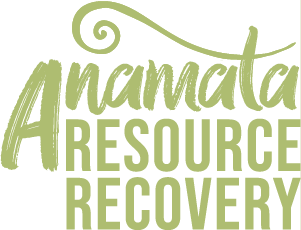Living Lightly Featuring te kura o ōkiwi
Something a little different this time around. We visited Okiwi School to observe their daily school program, Te Mahi Ki Waho / Outside Work , that engages and enables the students to practice Living Lightly.
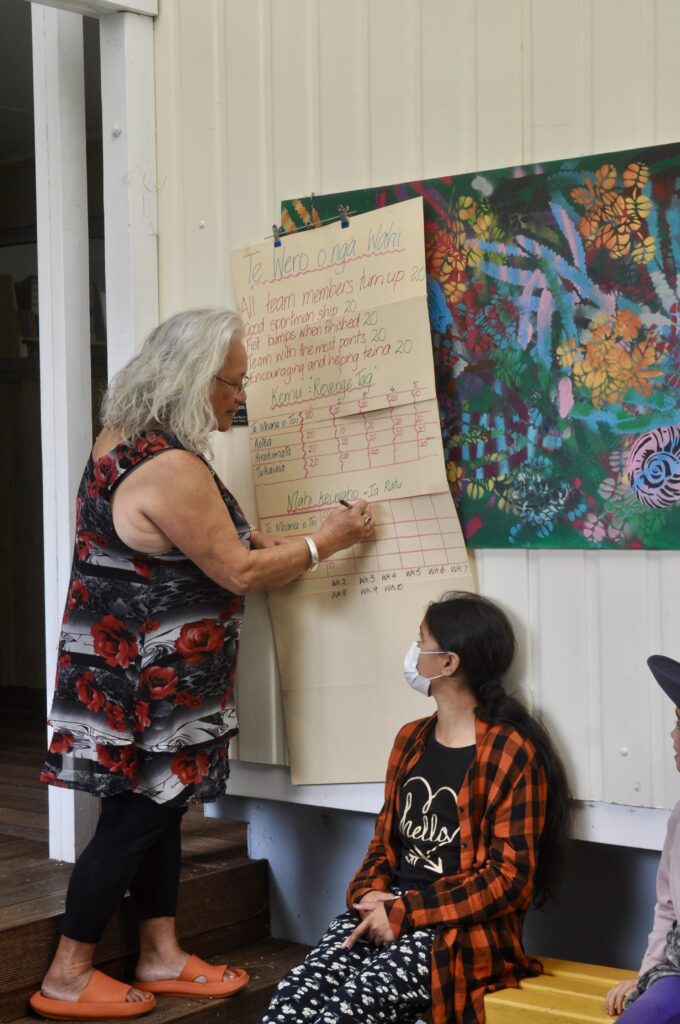
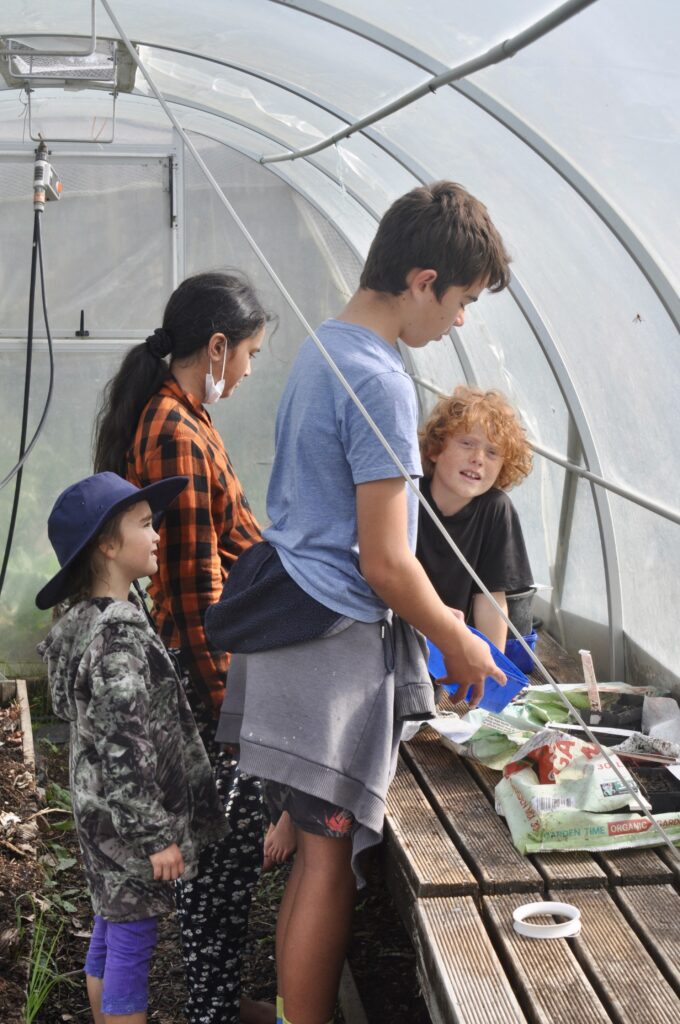
What is the Okiwi School’s Te Mahi Ki Waho program?
Everyday the Okiwi school students spend 30 minutes after lunch working together in their groups on their designated task for the term . There are four tasks which include gardening & composting, recycling, propagation, animals and once weekly rat trapping.
The groups work together for one term, and each term they switch to focus on a new task. At the end of the working session they gather together and discuss what they worked on that day, how it went and provide a self-evaluation. Their adult supervisor then awards the groups points for their daily achievements and at the end of the term certificates are awarded.
I walked around with the students during this time, joined in their discussion and asked them a few follow up questions. Here is what they had to say!
What jobs do the groups manage?
The ratting group checks the 9 traps around te kura once a week. Lately, they haven’t been catching too many, but they keep a record book of all their catches. The Gardening group is responsible for weeding, bed prep, planting and staking their garden, watering the greenhouse seedlings and harvesting. The propagation group collects and sows native tree seeds, pots on, waters seedlings and plants trees when they are ready. The recycling and compost group is responsible for sorting the recycling around the school (soft plastics, polystyrene, flattening cardboard, etc), and emptying the compost. The animal group feeds and waters chooks, collects eggs, maintains the worm farm, checks wētā and monitors pāteke.
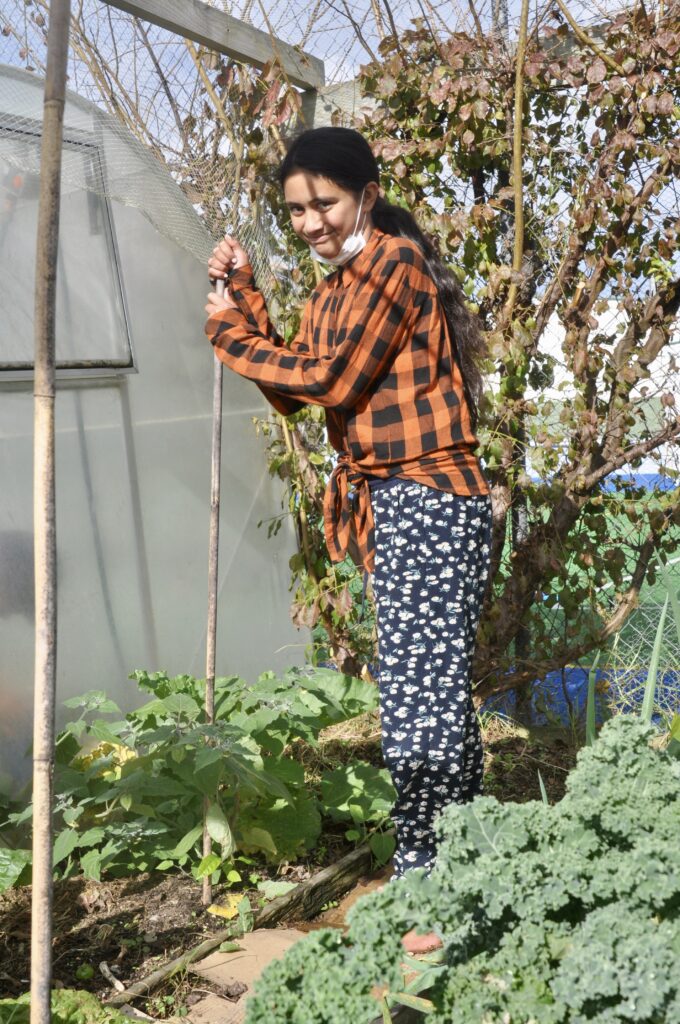
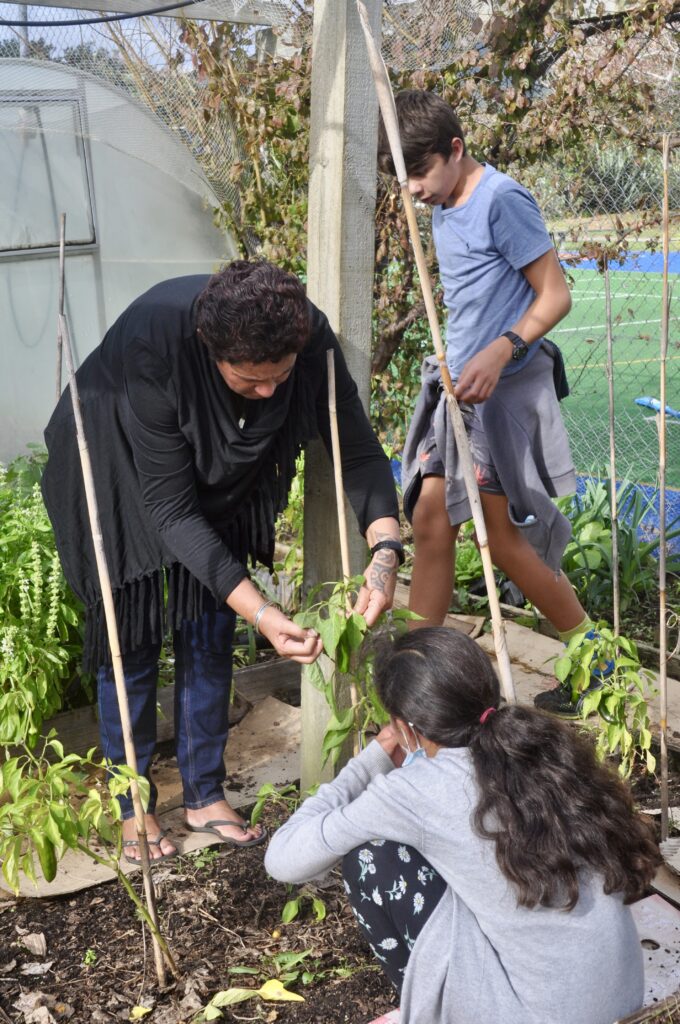
What is your favourite part of this program?
We love watering the seedlings, feeding the chickens, planting trees and veggies and eating the fruit from our trees. One of the students is a keen forager and loves searching the garden for a special vegetable to take home to show his mum! (not advised, but fully supported) Another student said she loves “when the bell rings” Don’t we all?
How does this program and what you’re accomplishing make you feel?
We feel happy, great, wonderful, amazing!
Do you feel you’re making a difference? Why is it important?
Yes, we love contributing to our clean environment and planting more trees! Rosa noted that “we don’t want to do any more damage to our ecosystems, we want to help them.”
Do you feel inspired by your actions to help the motu?
Absolutely, we don’t want to see rubbish in our streams and ngahere. We want to keep Aotea clean.
What is your favorite plant or tree to watch growing?
Pōhutakawa! Avocado! Kōwhai! Kauri! Dylan said “I don’t like beetroot, but I like growing them because they look like candy!” Awesome Dylan, now if we can only get you to eat them 😉
Do you take the habits and skills you’ve learned home and share with your whānau?
Yes, most of the students said they take the skills they’ve learned at school home and implement them with their whānau as well, especially when it comes to rubbish and recycling.
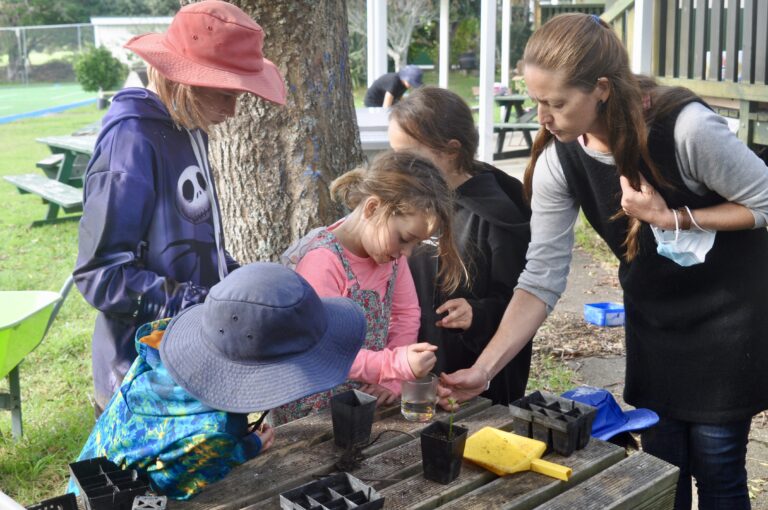
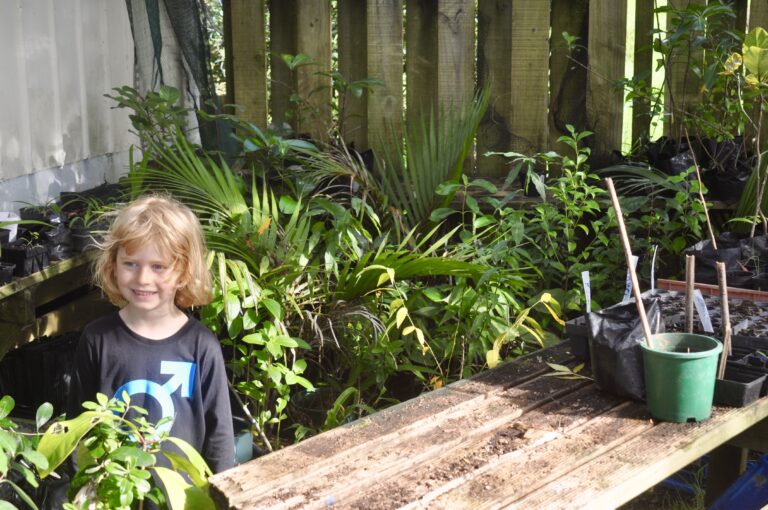
Do you ever make any arts and crafts with your rubbish or recycling at te kura?
A year or two back, they made a huge shark out of plastic and beach rubbish. They have also made a 3-D mural. The plastic was collected during the annual Coastal Clean-up the kura runs.
What would you like Aotea to look like when you are older?
“Lots of trees and not too many houses”, said Hunter. We want to see a stronger environment, more fish and more fruit, more trees, birds and wildlife, more flowers, stingrays, whale sharks, turtles, and way less plastic! We want to see more living things! More growth!
What are the three colours you want to see most in your future?
Green – for grass and nature! Blue – for ocean and sky! Yellow – for the sun and flowers!
I couldn’t agree more and what we all do in our everyday lives will dictate whether their future hopes become a reality.
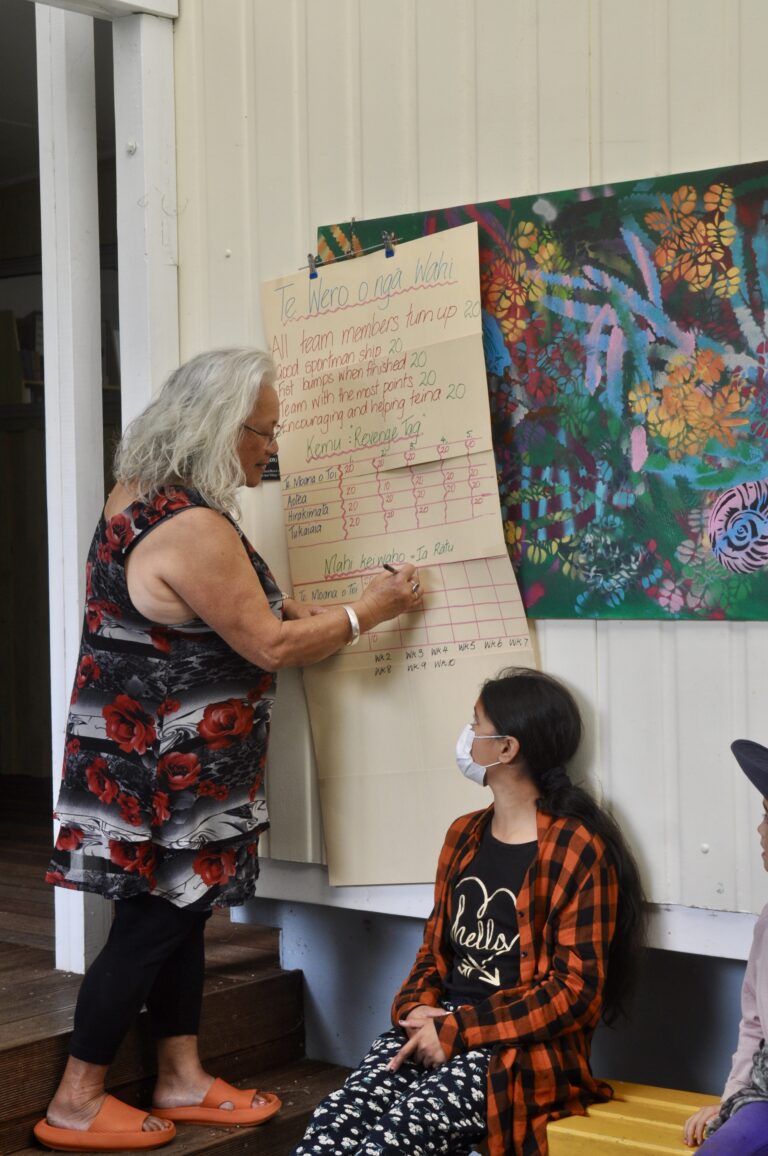
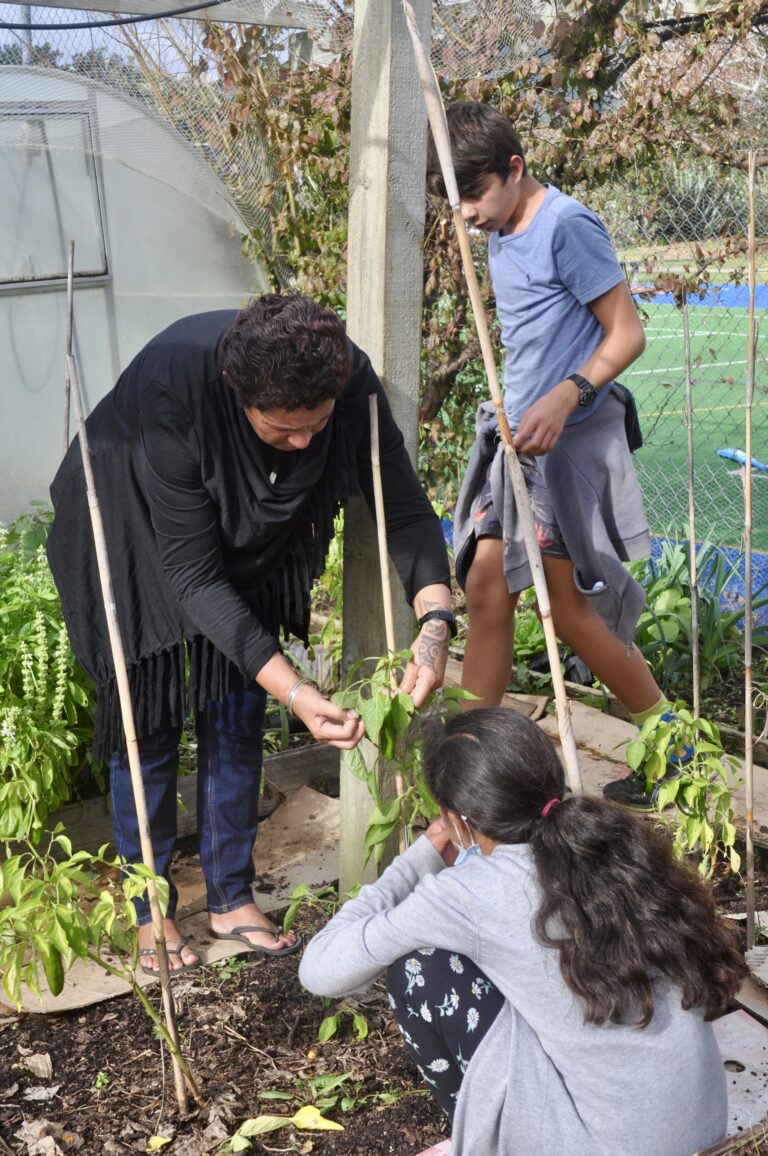
What is the Okiwi School’s Te Mahi Ki Waho program?
Everyday the Okiwi school students spend 30 minutes after lunch working together in their groups on their designated task for the term . There are four tasks which include gardening & composting, recycling, propagation, animals and once weekly rat trapping.
The groups work together for one term, and each term they switch to focus on a new task. At the end of the working session they gather together and discuss what they worked on that day, how it went and provide a self-evaluation. Their adult supervisor then awards the groups points for their daily achievements and at the end of the term certificates are awarded.
I walked around with the students during this time, joined in their discussion and asked them a few follow up questions. Here is what they had to say!
What jobs do the groups manage?
The ratting group checks the 9 traps around te kura once a week. Lately, they haven’t been catching too many, but they keep a record book of all their catches. The Gardening group is responsible for weeding, bed prep, planting and staking their garden, watering the greenhouse seedlings and harvesting. The propagation group collects and sows native tree seeds, pots on, waters seedlings and plants trees when they are ready. The recycling and compost group is responsible for sorting the recycling around the school (soft plastics, polystyrene, flattening cardboard, etc), and emptying the compost. The animal group feeds and waters chooks, collects eggs, maintains the worm farm, checks for wētā and monitors pāteke.
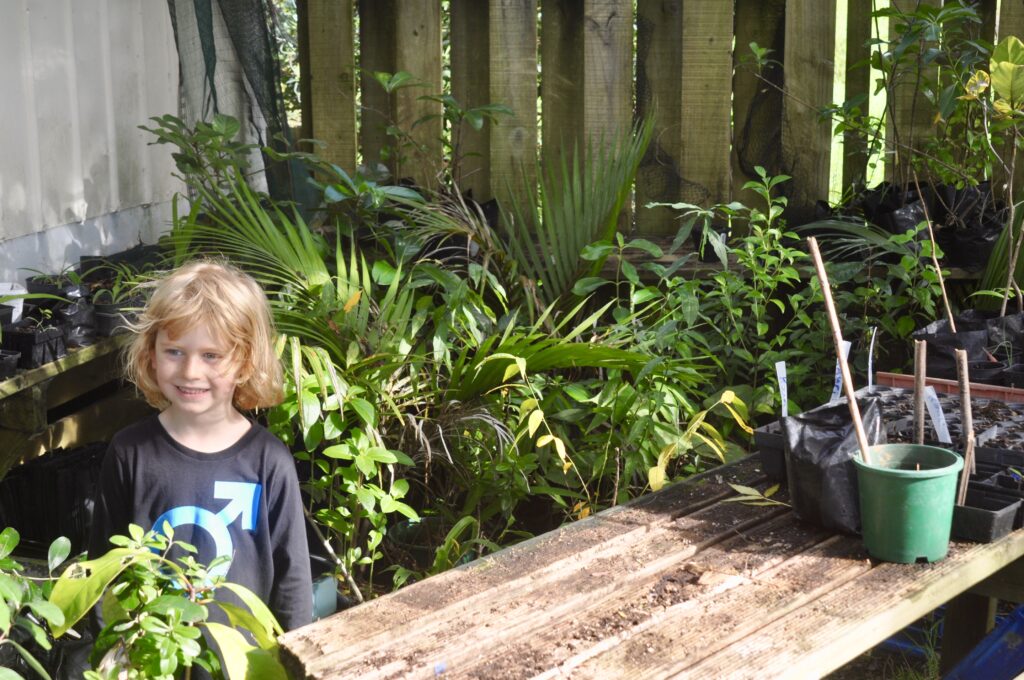
What is your favourite part of this program?
We love watering the seedlings, feeding the chickens, planting trees and veggies and eating the fruit from our trees. One of the students is a keen forager and loves searching the garden for a special vegetable to take home to show his mum! (not advised, but fully supported) Another student said she loves “when the bell rings” Don’t we all?
How does this program and what you’re accomplishing make you feel?
We feel happy, great, wonderful, amazing!
Do you feel you’re making a difference? Why is it important?
Yes, we love contributing to our clean environment and planting more trees! Rosa noted that “we don’t want to do any more damage to our ecosystems, we want to help them.”
Do you feel inspired by your actions to help the motu?
Absolutely, we don’t want to see rubbish in our streams and ngahere. We want to keep Aotea clean.
What is your favorite plant or tree to watch growing?
Pōhutakawa! Avocado! Kōwhai! Kauri! Dylan said “I don’t like beetroot, but I like growing them because they look like candy!” Awesome Dylan, now if we can only get you to eat them 😉
Do you take the habits and skills you’ve learned home and share with your whānau?
Yes, most of the students said they take the skills they’ve learned at school home and implement them with their whānau as well, especially when it comes to rubbish and recycling.
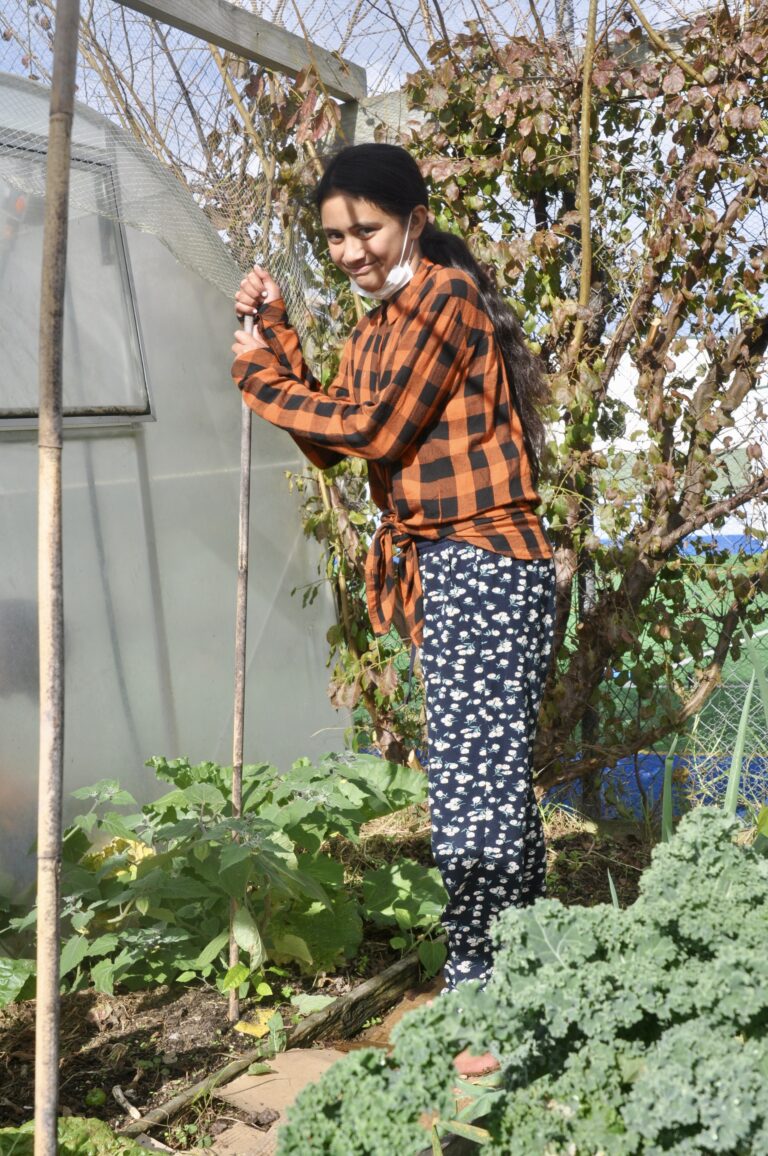
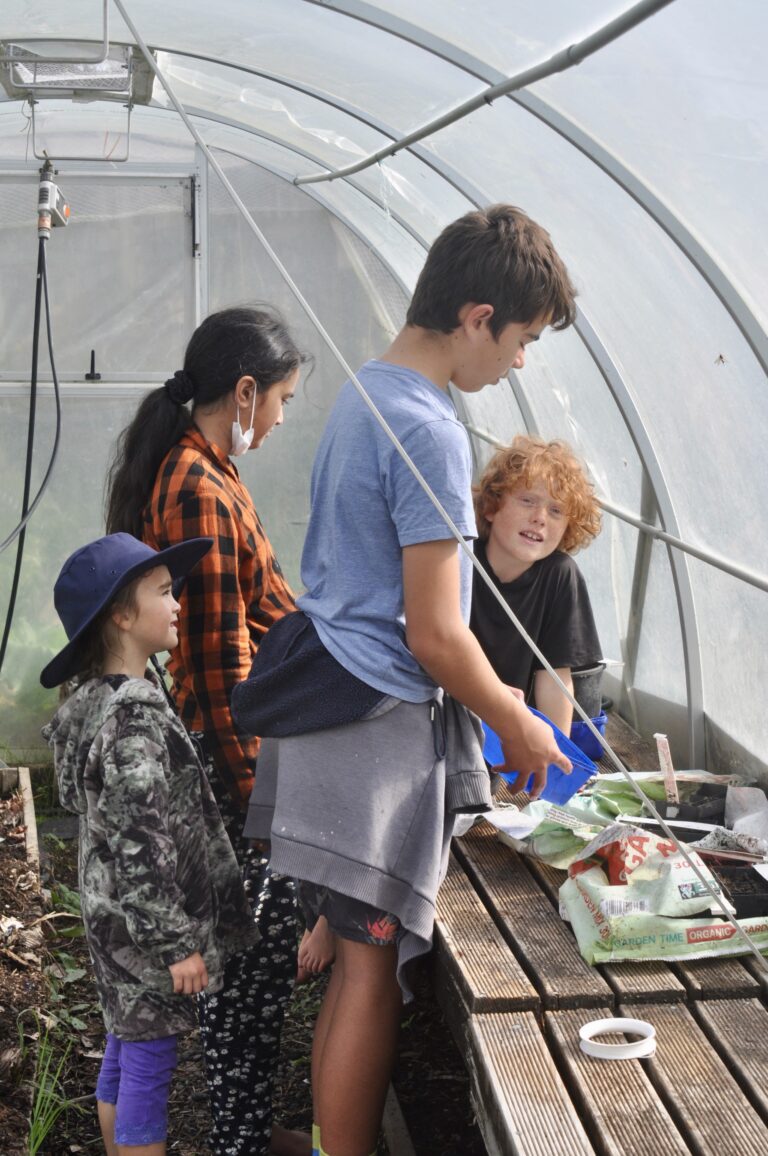

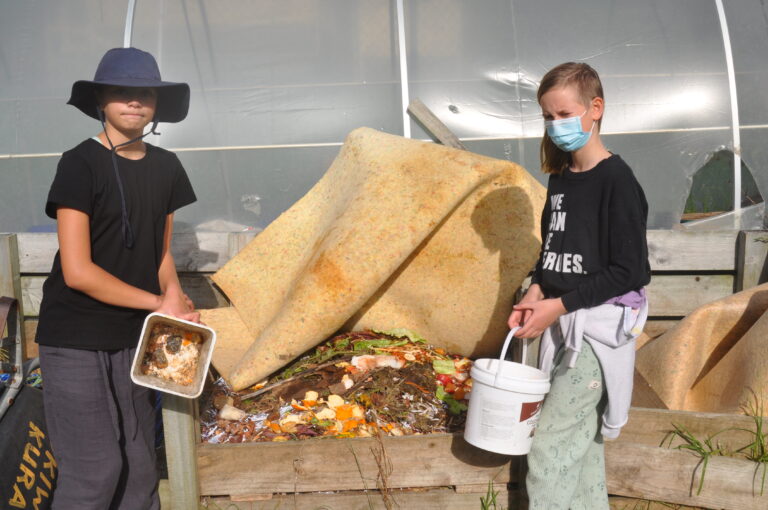
Do you ever make any arts and crafts with your rubbish or recycling at te kura?
A year or two back, they made a huge shark out of plastic and beach rubbish. They have also made a 3-D mural. The plastic was collected during the annual Coastal Clean-up the kura runs.
What would you like Aotea to look like when you are older?
“Lots of trees and not too many houses”, said Hunter. We want to see a stronger environment, more fish and more fruit, more trees, birds and wildlife, more flowers, stingrays, whale sharks, turtles, and way less plastic! We want to see more living things! More growth!
What are the three colours you want to see most in your future?
Green – for grass and nature! Blue – for ocean and sky! Yellow – for the sun and flowers!
I couldn’t agree more and what we all do in our everyday lives will dictate whether their future hopes become a reality.
Takeaways:
As we all well know, we must protect what we have for our future generations. Seeing these kids devoted to these activities and their outcomes just brings that to the forefront of my mind. Our everyday actions and contributions do matter. They matter for us, but maybe even more importantly, for them. These are not just “their problems” to manage and it’s imperative that we won’t leave it to all fall on them. What we all commit to change today and everyday forward will affect their future and the future of our planet. How we all behave and what we do to protect our ecosystems and fragile environment matters. Even if you don’t have children of your own, how we contribute, participate and change our behaviours is critical. Not only to set an example, but to ensure that what they have when they grow up is what we have been so fortunate to enjoy and experience throughout our lives thus far. At this current tipping point, reevaluation and implementation of conscious practices, refusing waste, and living lightly is key.
Even though some of us feel like it was past generations and shoddy politics that started and then ignored this current mess, we can say ‘the buck stops here.’ We can end this cycle of degradation and destruction from falling onto yet another innocent generation. We can turn it around and we can have an impact, and we can ensure that the colours of their future are as bright and clean as they hope for them to be.
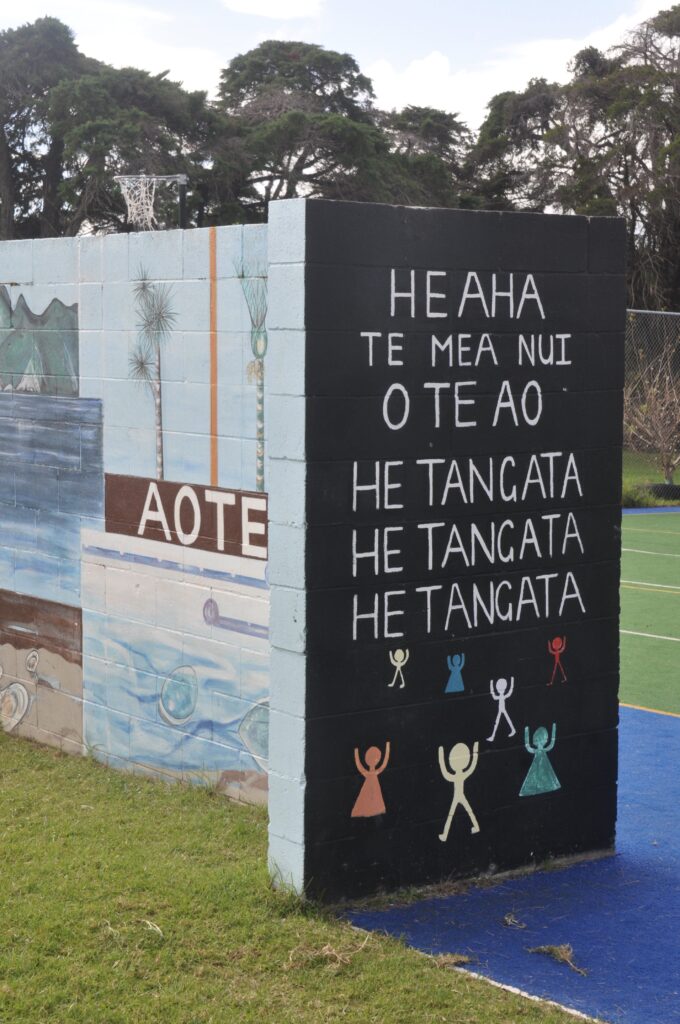
Story & photos by: Bree Biederman for WasteWise Aotea

